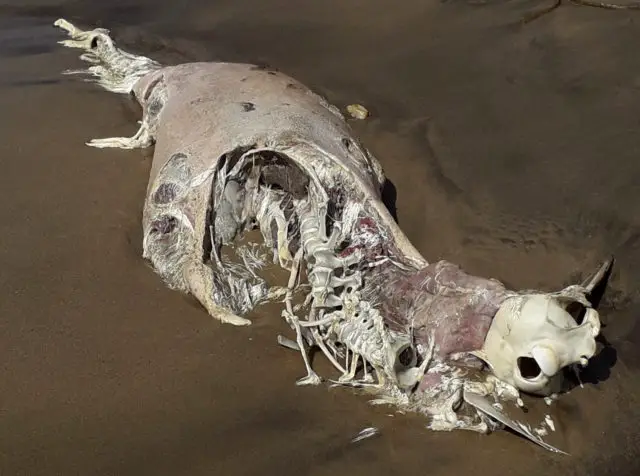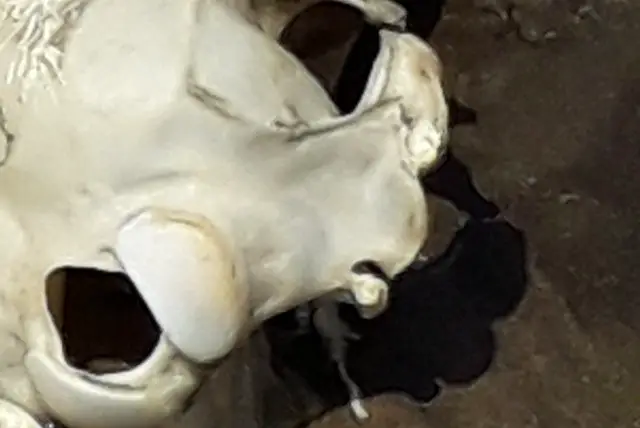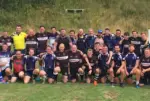Ellie has been in touch with this report after discovering the decaying carcass of what they believe is a young dolphin on the beach. Ed
On Monday 19th August 2019, two families came to the Isle of Wight to visit their friends. On the second day of the trip, all three families went to Compton Beach.
As Sophie Skull and Dominic Jackson were body boarding, they saw what they thought was a seal in the water. However, they didn’t think too much about it because it quite far away.
Decaying carcass
After about ten minutes, a body had washed up. Ellie Skull and William Moorhouse shortly arrived at the scene, Sophie and Dominic just in front.
Click on image to see larger version

After close examination, they decided the carcass was from a young Dolphin. This was because of the long and pointy nose.
Support endangered animal charities
Lots of people were quite disturbed so left the beach. We hope those people will have their happiness restored at Compton Beach again.
Also that as many people as possible will donate to an endangered animal charity such as the WWF or British Divers Marine Life Rescue.
What to do if you find a dead cetacean
We’ve sought this extra info to help readers who may discover dead sea mammals on the beach. Taken from the British Divers Marine Life Rescue Website. Ed
The Cetacean Strandings Investigation Programme collect a wide range of data on each stranding found on UK shores. In the event that you discover a dead stranded animal, please contact the CSIP hotline and give a description of the following where possible:
- location and date found
- species and sex
- overall length
- condition of the animal
- your contact details should further information be needed
Digital images are extremely helpful in the identification to species of strandings, as well as ascertaining whether the body may be suitable for post-mortem examination. If possible, please also forward any images that may have been taken with a digital camera or mobile phone.
CSIP have a produced a useful leaflet that can be downloaded by clicking here.
CSIP hotline: 0800 6520333. Callers are given a number of options to ensure they reach the correct department. You can also use this number to contact BDMLR as there is an option for live animal strandings that transfers directly to us.
Image: © With kind permission of Visit Isle of Wight





